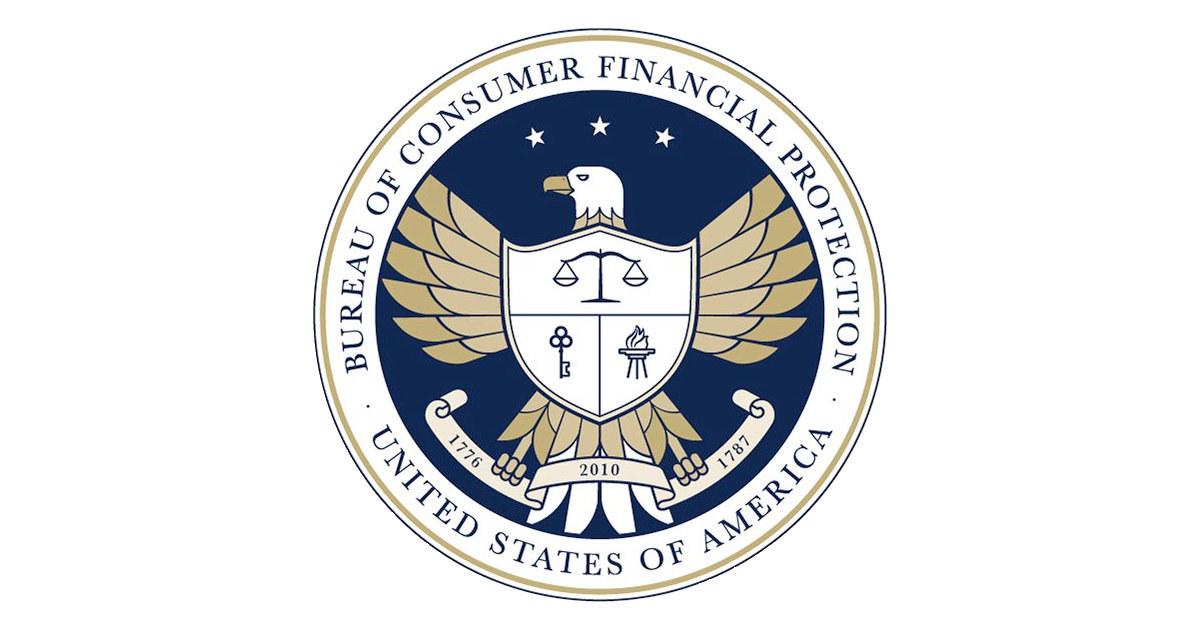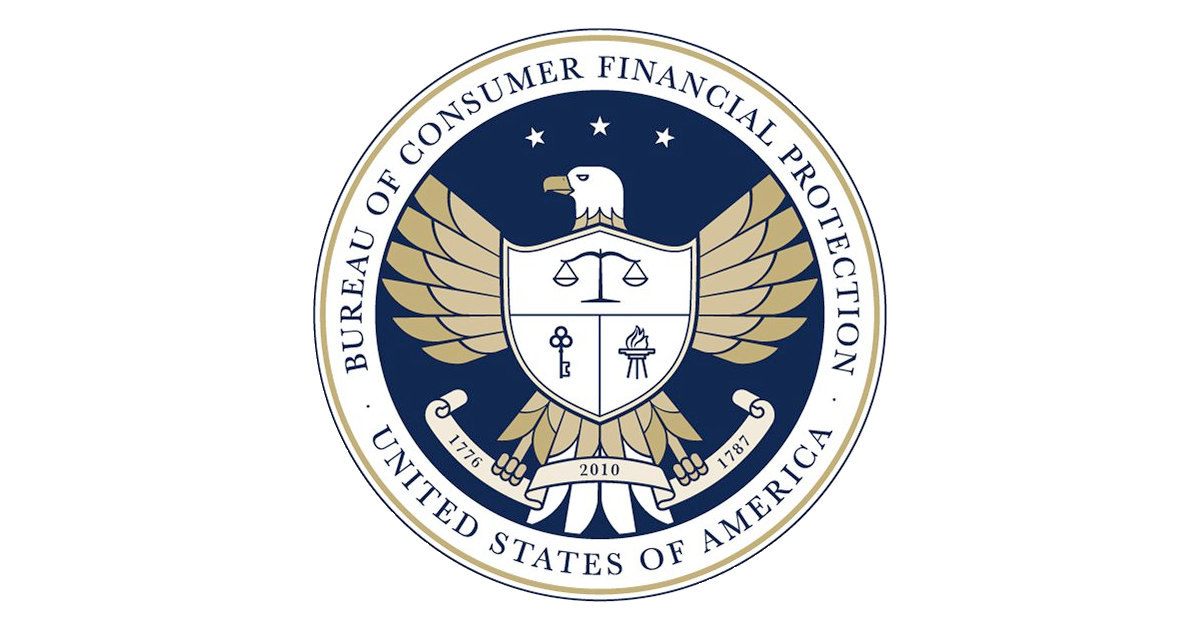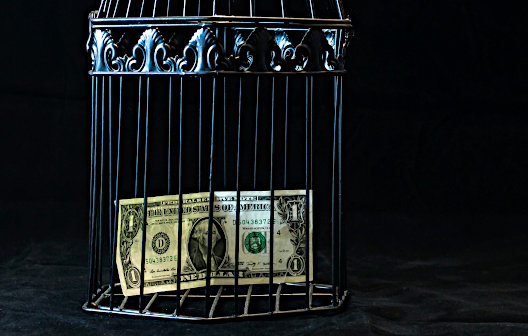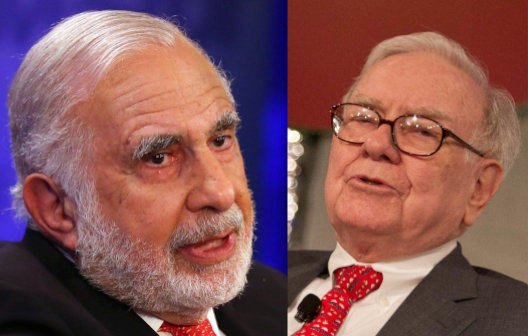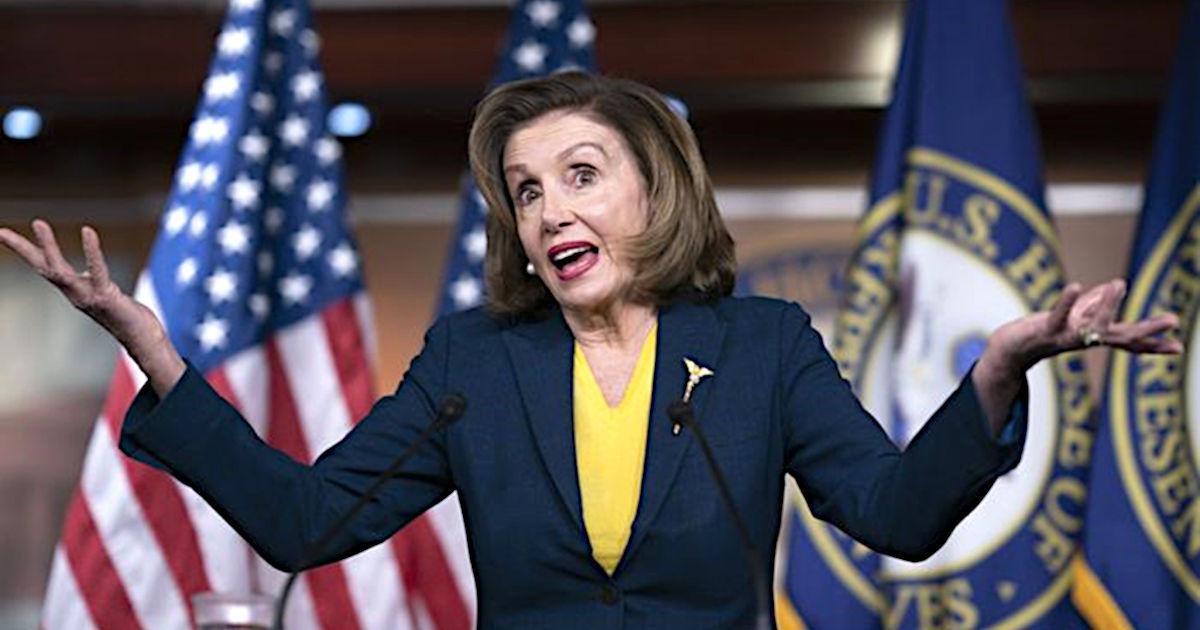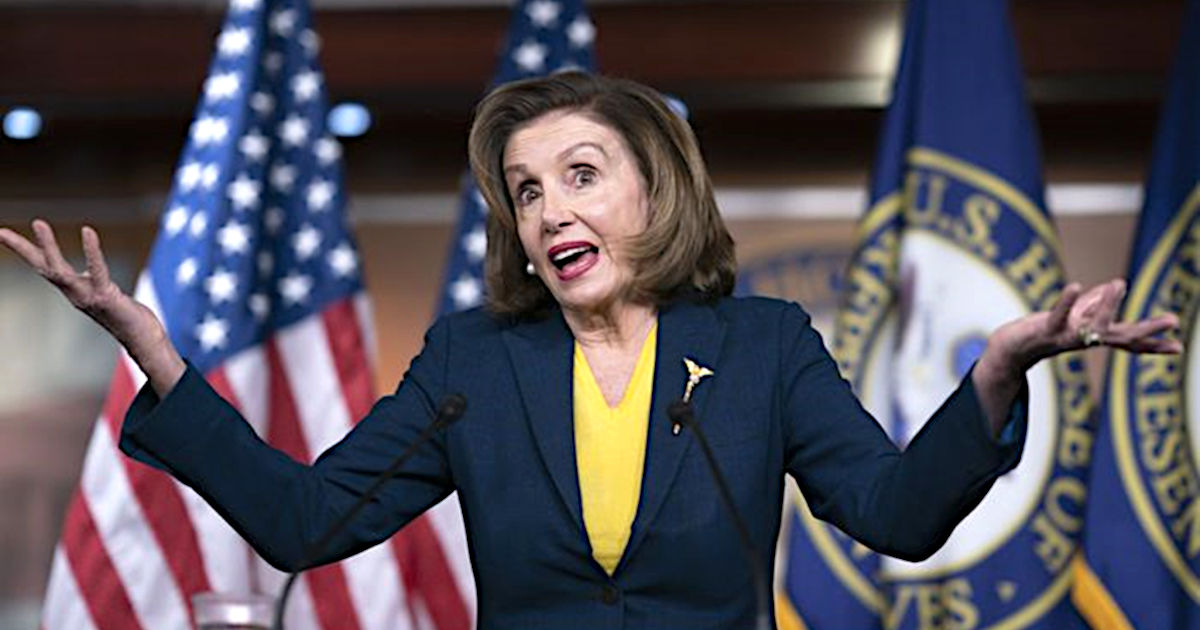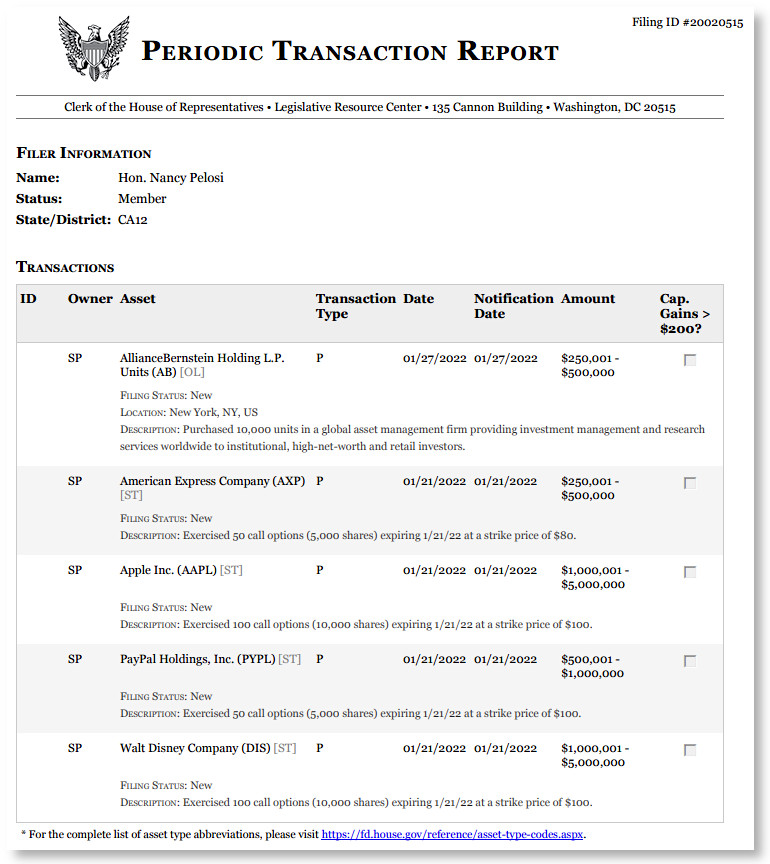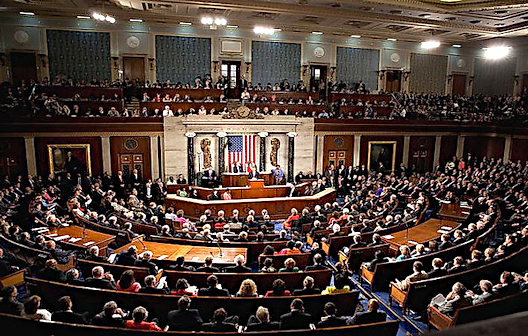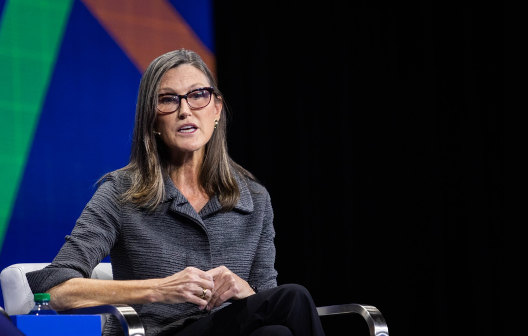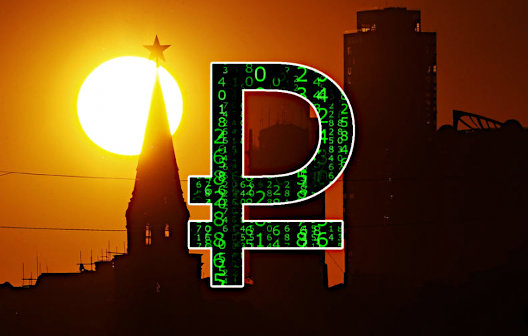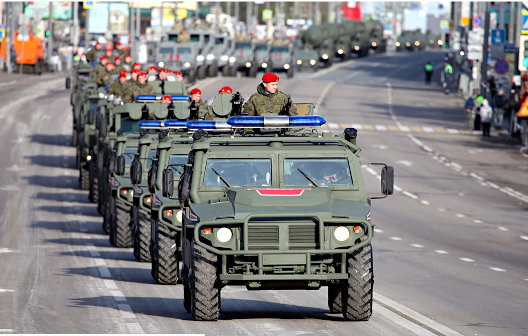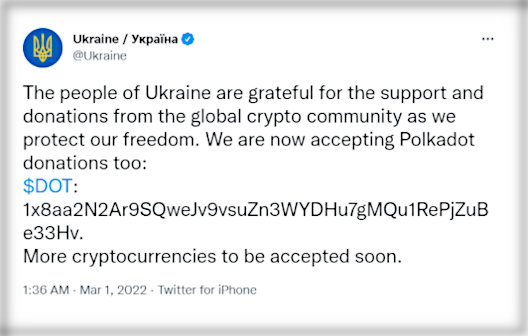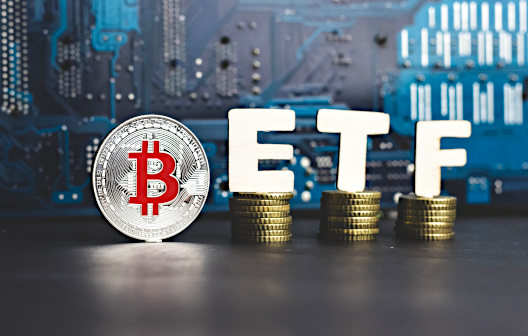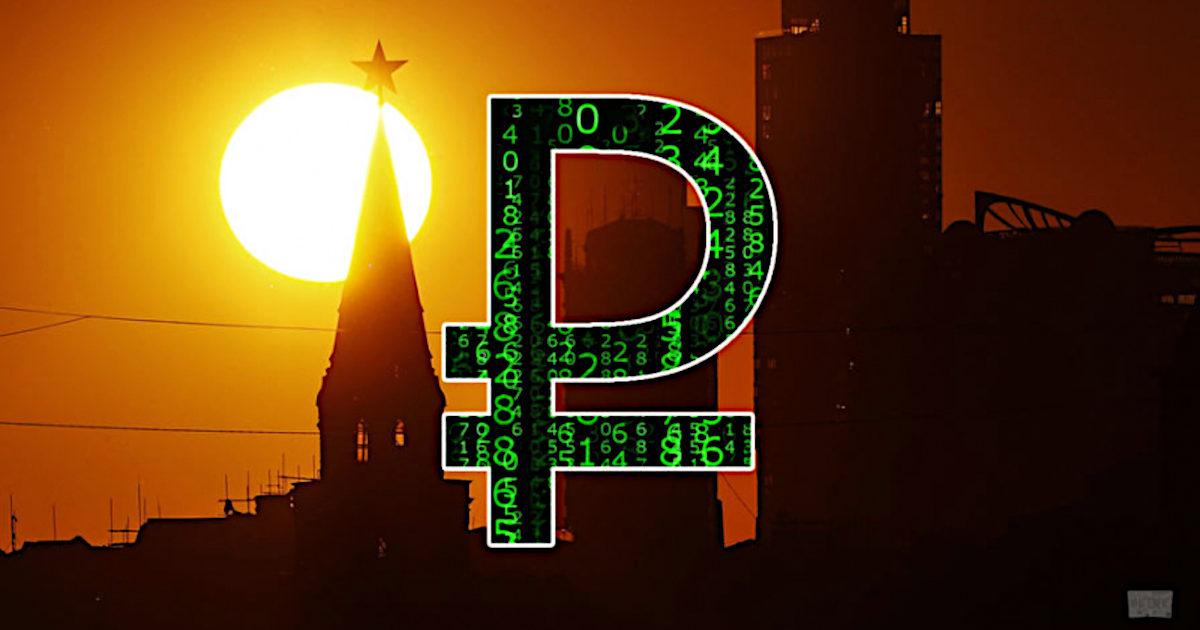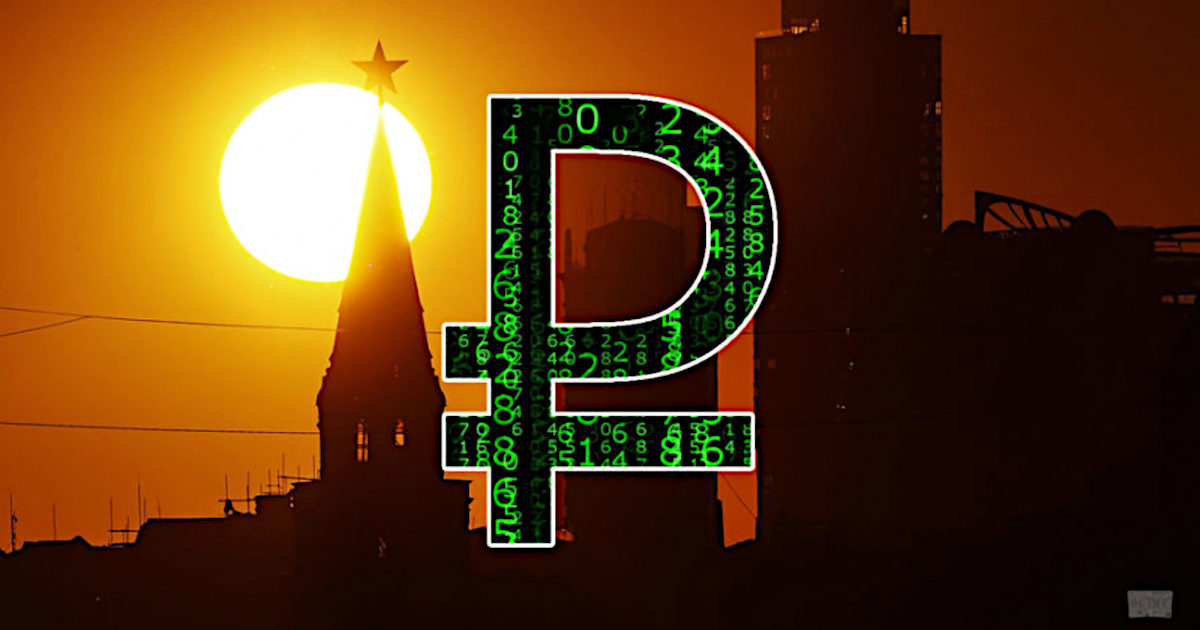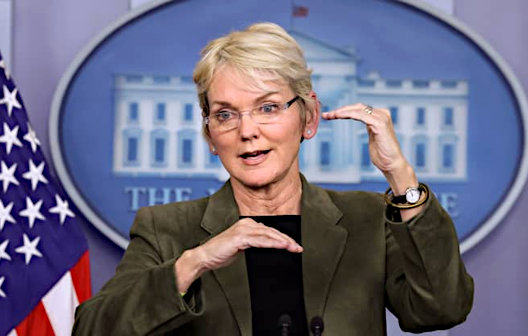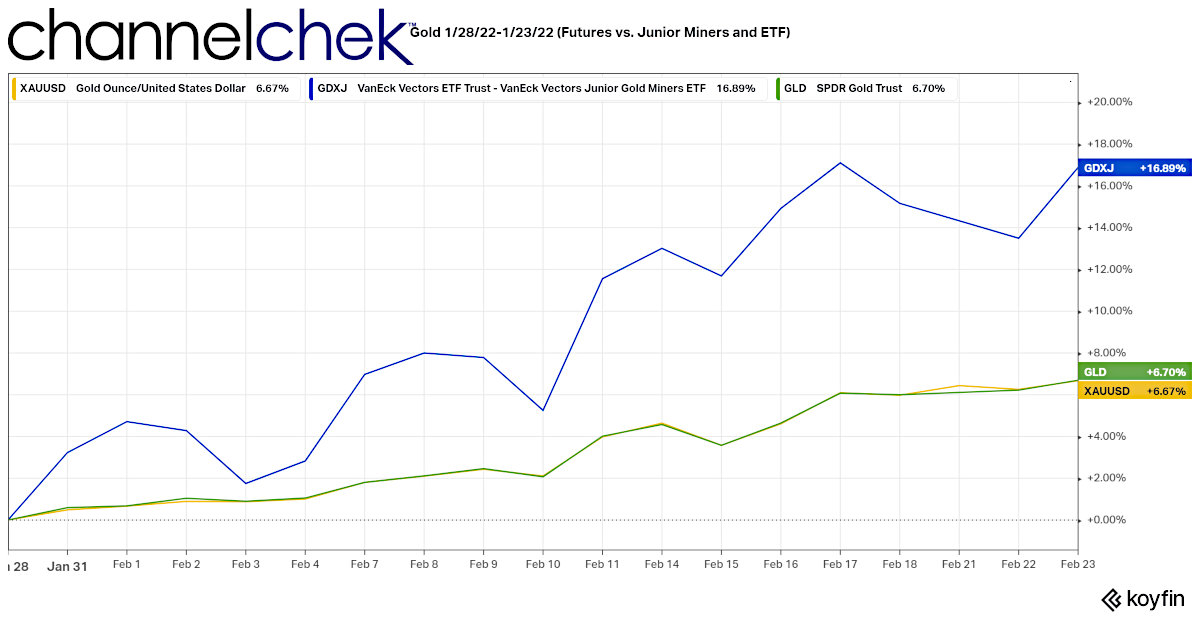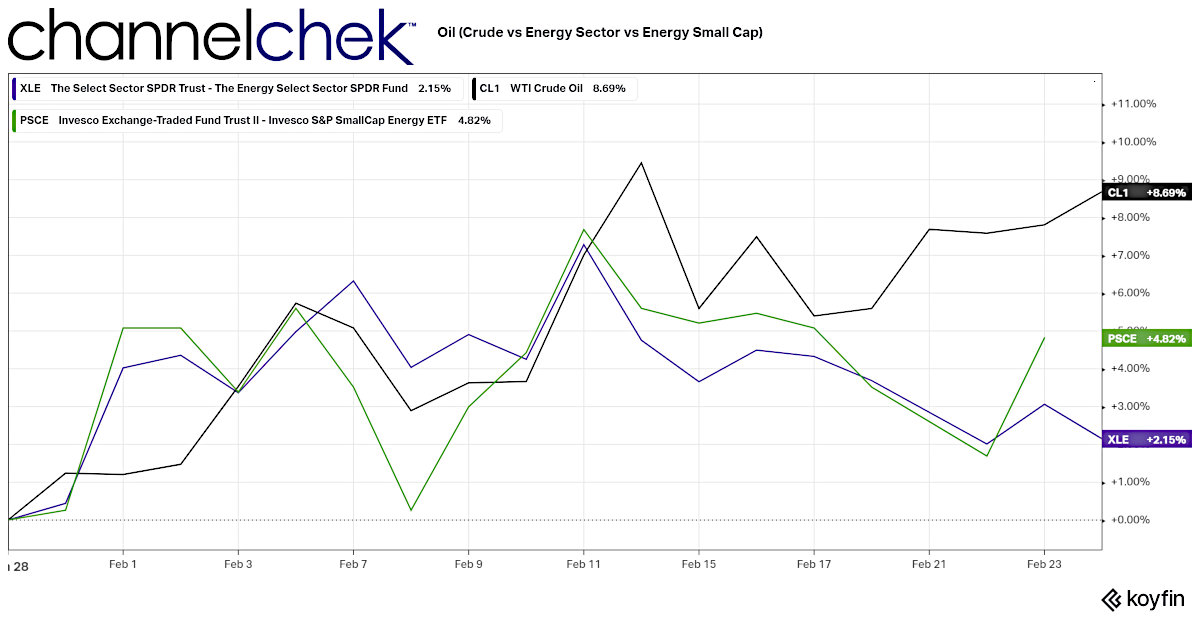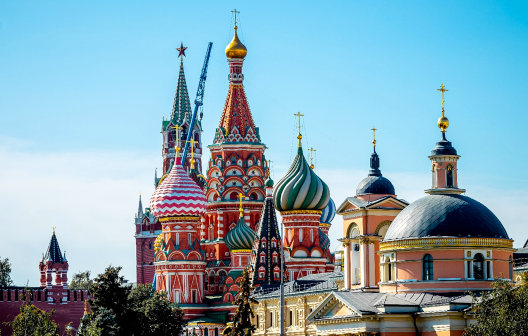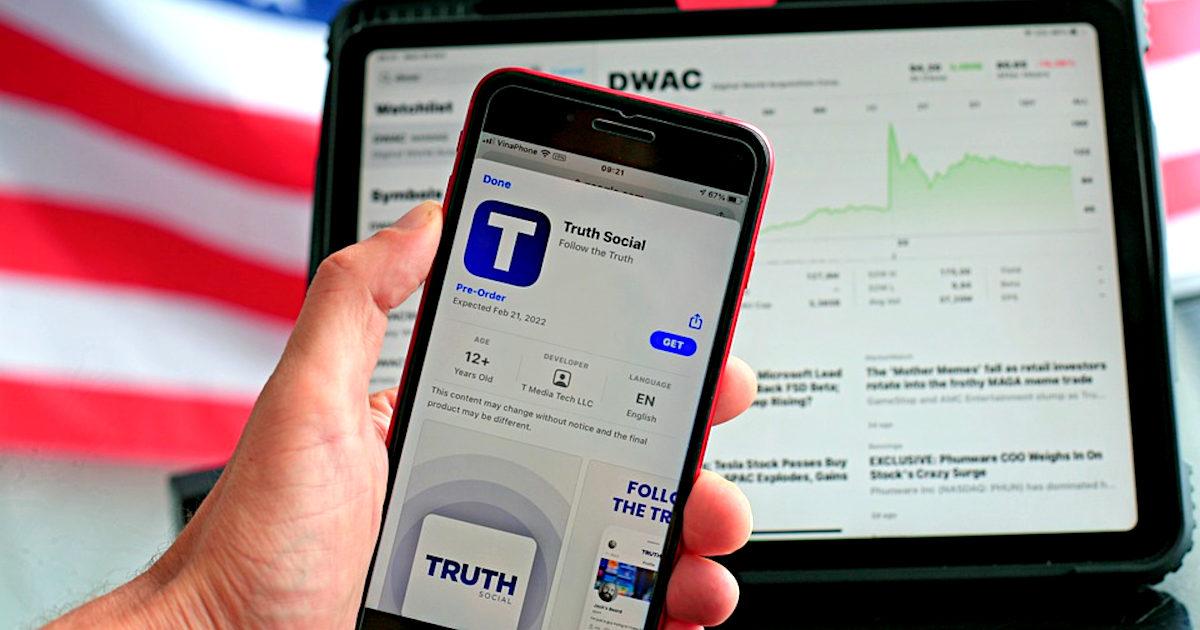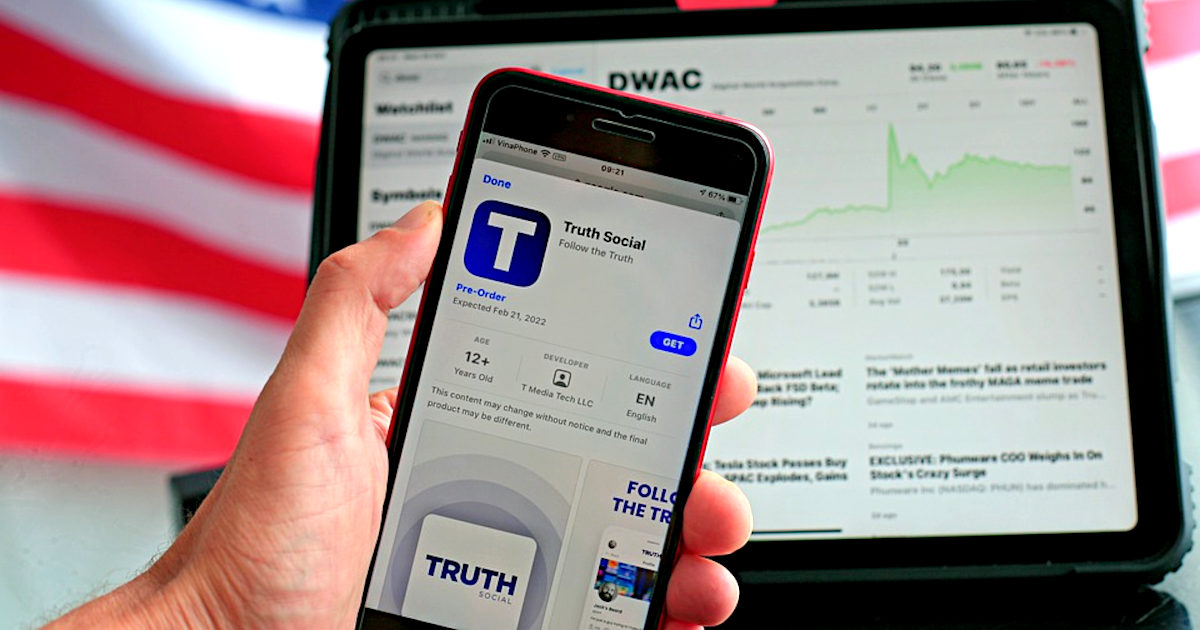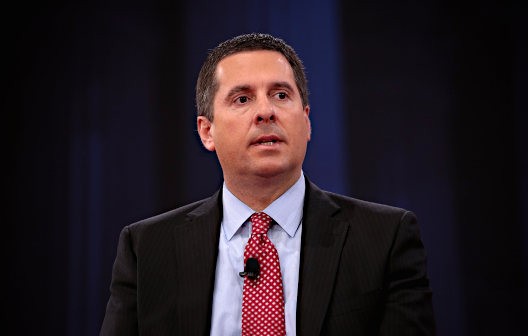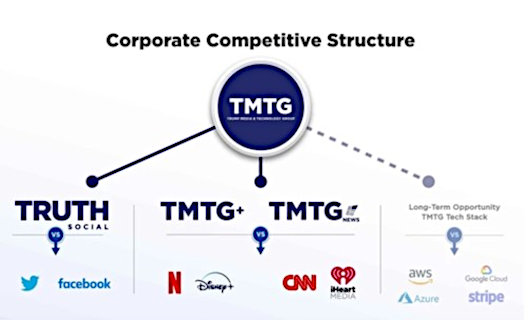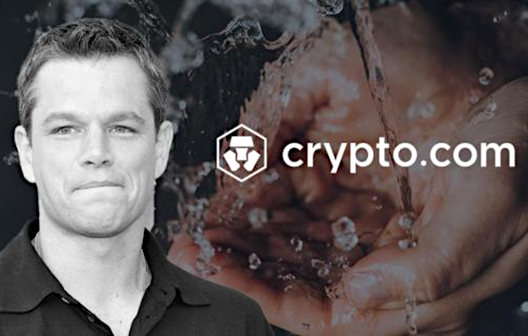CFPB Invokes Dormant Authority to Examine Nonbank Companies Posing Risks to Consumers
WASHINGTON, D.C. – The Consumer Financial Protection Bureau (CFPB) announced that it is invoking a largely unused legal provision to examine nonbank financial companies that pose risks to consumers. The CFPB believes that utilizing this dormant authority will help protect consumers and level the playing field between banks and nonbanks. The CFPB is also seeking public comments on a procedural rule to make this process more transparent.
“Given the rapid growth of consumer offerings by nonbanks, the CFPB is now utilizing a dormant authority to hold nonbanks to the same standards that banks are held to,” said CFPB Director Rohit Chopra. “This authority gives us critical agility to move as quickly as the market, allowing us to conduct examinations of financial companies posing risks to consumers and stop harm before it spreads.”
Under the Dodd-Frank Wall Street Reform and Consumer Protection Act of 2010, the CFPB has authority to use traditional law enforcement to stop companies from engaging in conduct that pose risk to consumers; this can involve adversarial litigation. However, the law also gives the CFPB authority to conduct supervisory examinations to review the books and records of regulated entities. CFPB examiners typically provide a report to entities with problems that need to be addressed, and responsible institutions typically take prompt corrective action.
Nonbank Supervision
For decades before the Dodd-Frank Act, only banks and credit unions were subject to federal supervision. But after the 2008 financial crisis in which nonbank companies played a pivotal role, Congress tasked the CFPB with supervising certain nonbanks, in addition to large depository institutions with more than $10 billion in assets, and their service providers. Nonbanks do not have a bank, thrift, or credit union charter; many today operate nationally and brand themselves as “fintechs.”
Congress authorized several categories of entities subject to CFPB’s nonbank supervision program. First and foremost, all nonbank entities in the mortgage, private student loan, and payday loan industries, regardless of size. Another category of supervised entities includes what the law calls “larger participants” in other nonbank markets for consumer financial products and services. The CFPB conducted rulemakings to define thresholds for entities subject to supervision in the markets of consumer reporting, debt collection, student loan servicing, international remittances, and auto loan servicing.
The third category of entities subject to the CFPB nonbank supervision are nonbanks whose activities the CFPB has reasonable cause to determine pose risks to consumers. This authority is not specific to any particular consumer financial product or service. While the CFPB did implement the provision through a procedural rule in 2013, the agency has now begun to invoke this authority. This will allow the CFPB to be agile and supervise entities that may be fast-growing or are in markets outside the existing nonbank supervision program.
Such risky conduct may involve, for example, potentially unfair, deceptive, or abusive acts or practices, or other acts or practices that potentially violate federal consumer financial law. The CFPB may base such reasonable cause determinations on complaints collected by the CFPB, or on information from other sources, such as judicial opinions and administrative decisions. The CFPB may also learn of such risks through whistleblower complaints, state partners, federal partners, or news reports.
Transparency
The CFPB is also issuing a procedural rule today to increase the transparency of the risk-determination process. Unlike other provisions of law regarding nonbank supervision, entities subject to supervision based on risk are given notice and an opportunity to respond. In order to provide greater guidance to the marketplace on how the CFPB will make determinations, the CFPB is updating an aspect of its procedures for risk determinations to authorize the release of certain information about any final determinations made. The company involved will have an opportunity to provide input to the CFPB on what information is released to the public.
Suggested Reading
 Will Mortgage Forbearance Impact Other Markets? (April 2021)
|
 How Much is a Trillion?
|
Sources
https://www.consumerfinance.gov/about-us/blog/introducing-our-new-bureau-seal/
https://www.consumerfinance.gov/
Stay up to date. Follow us:

|
